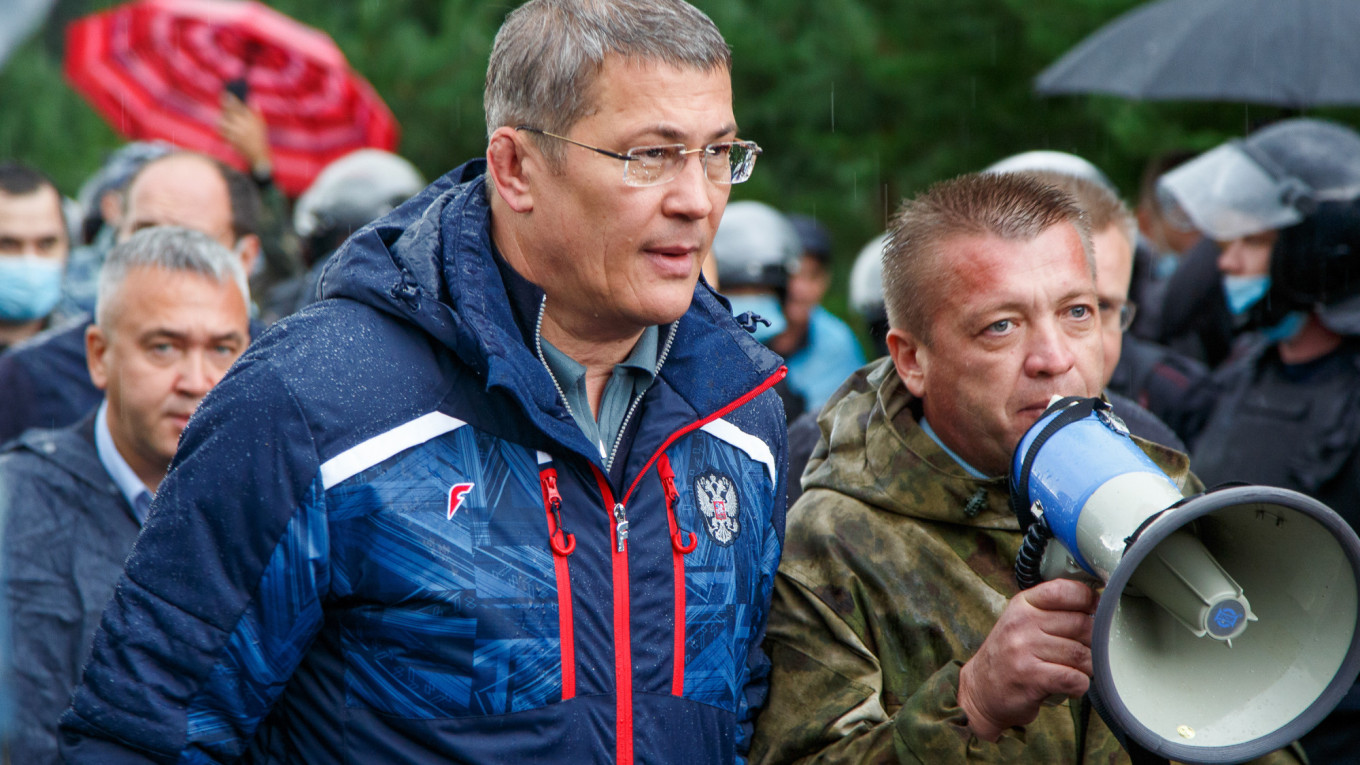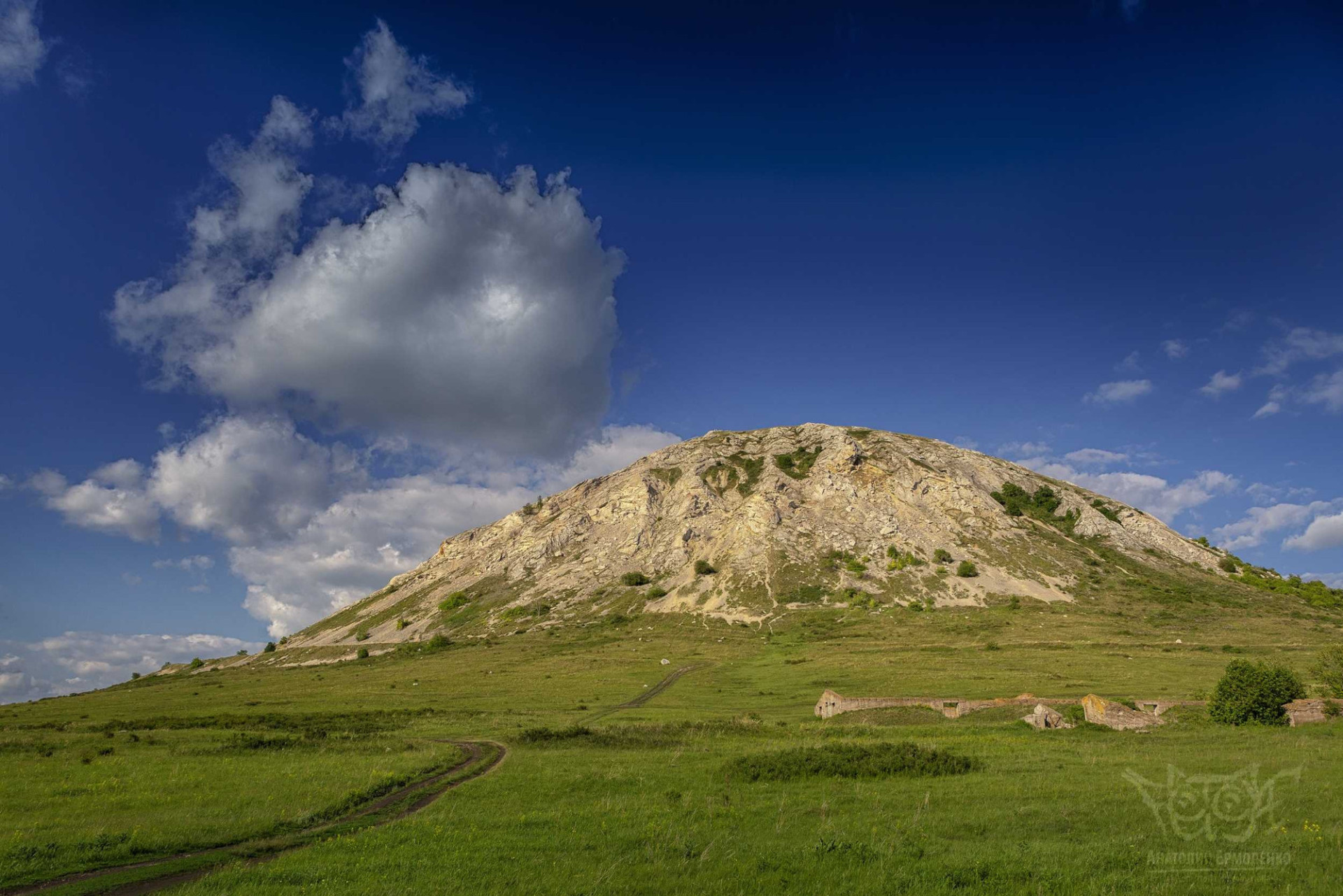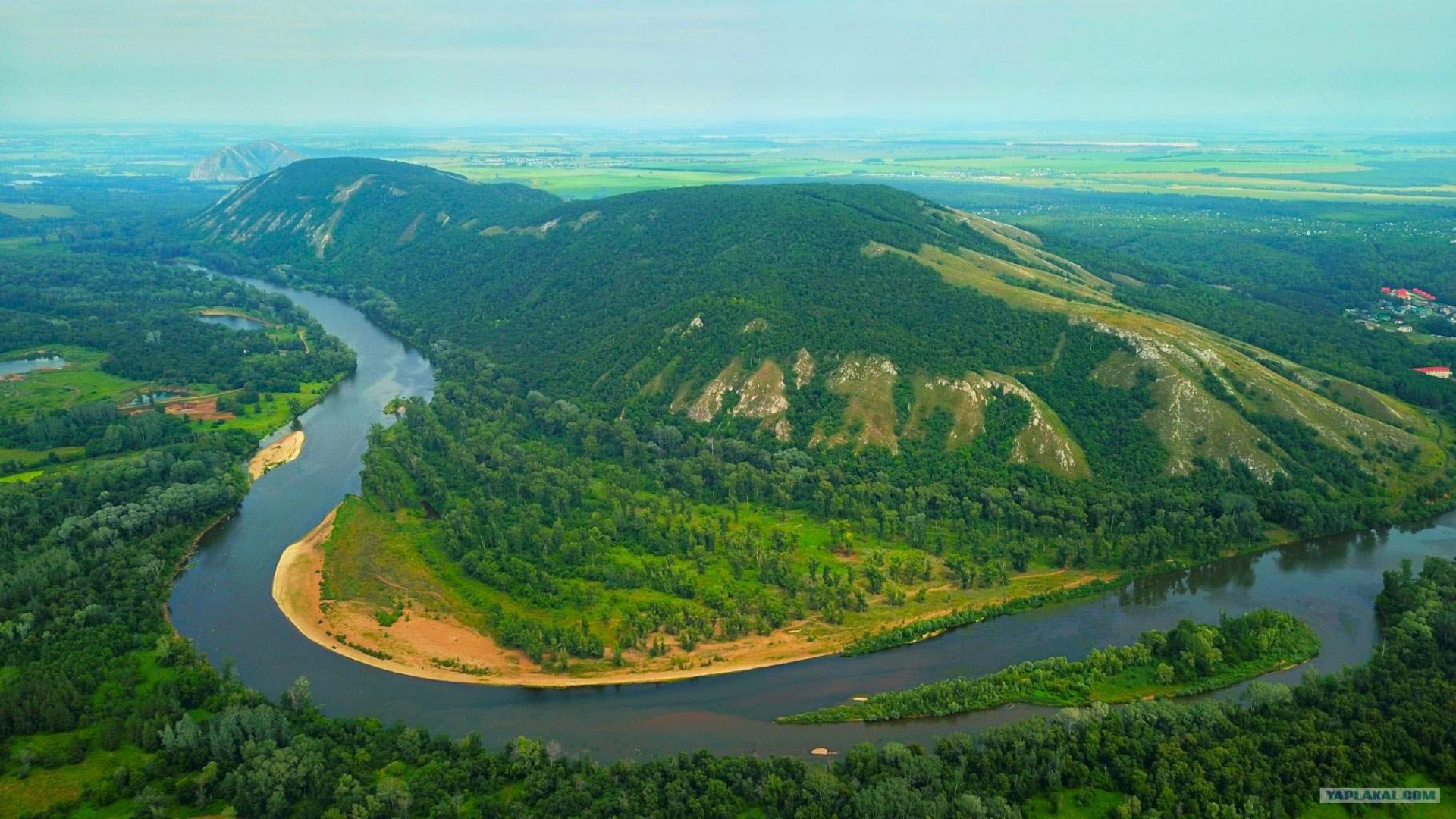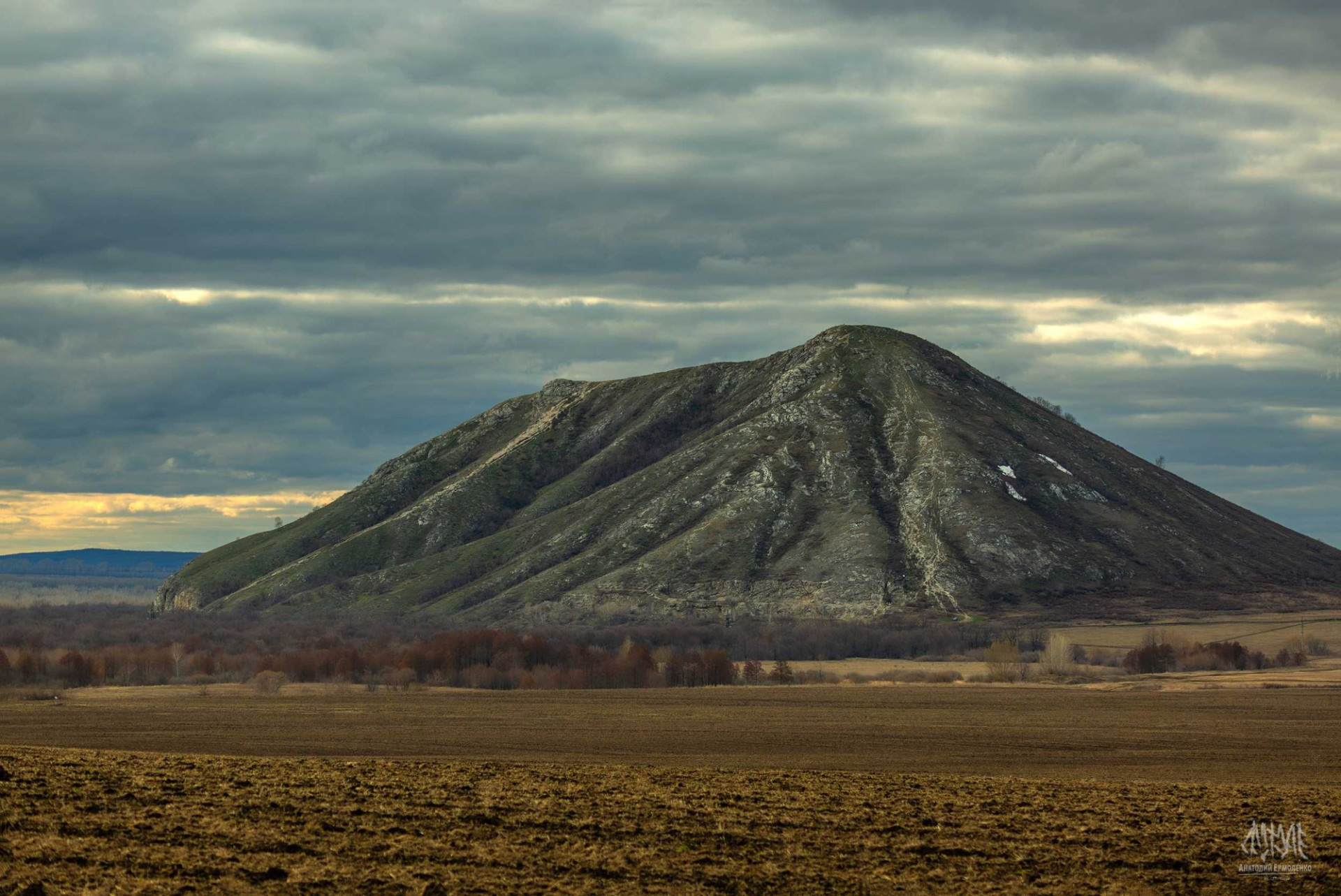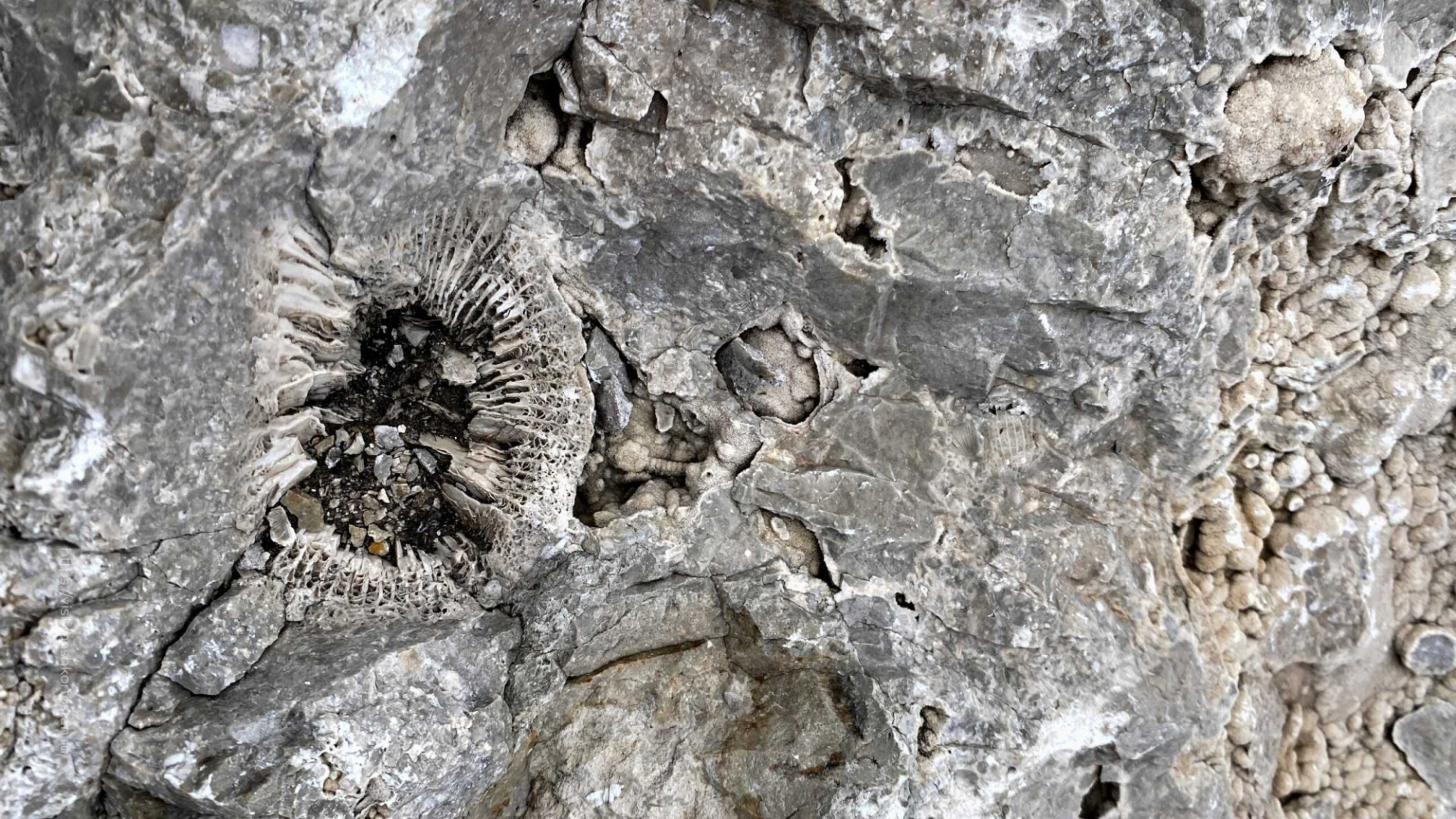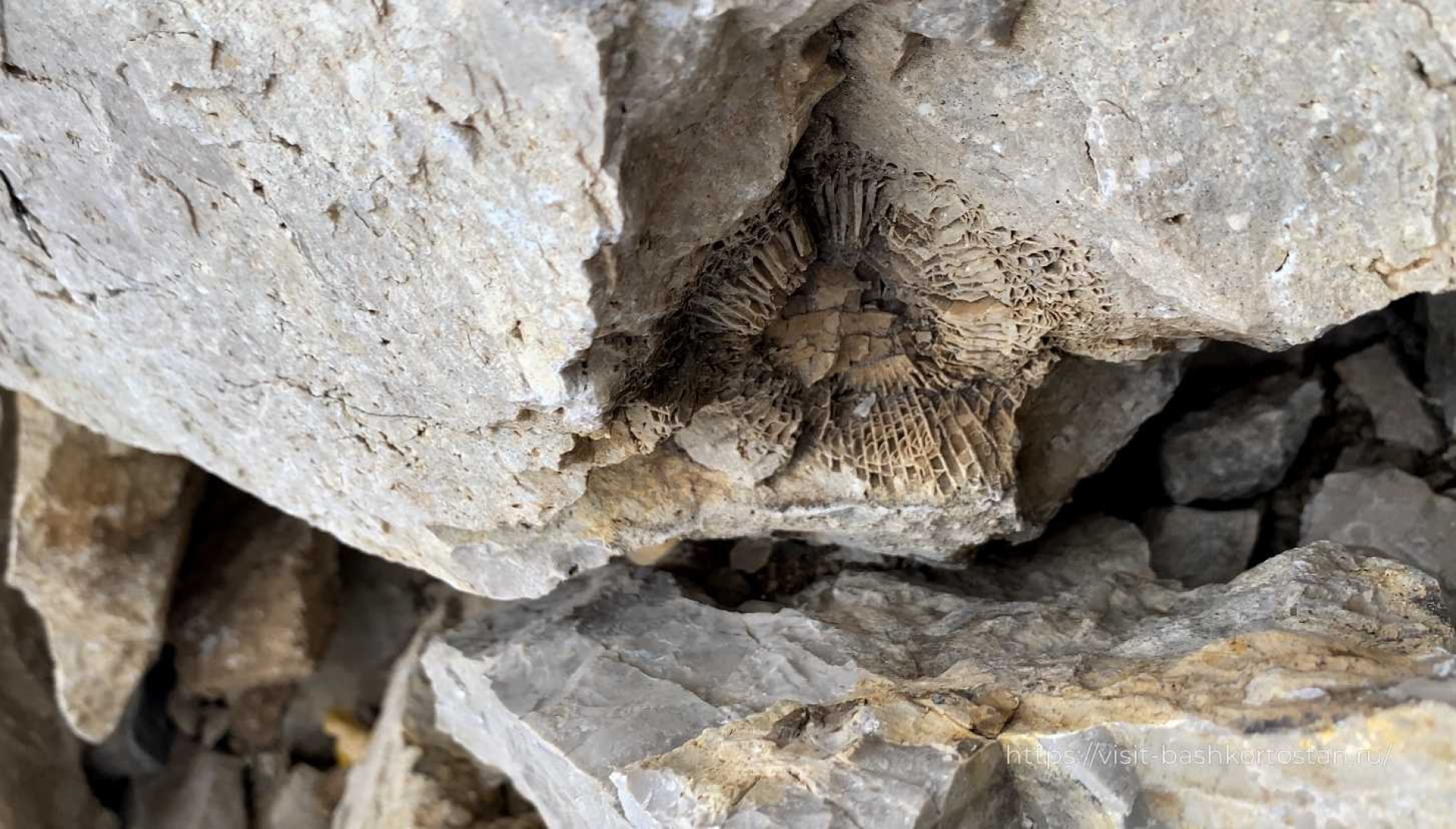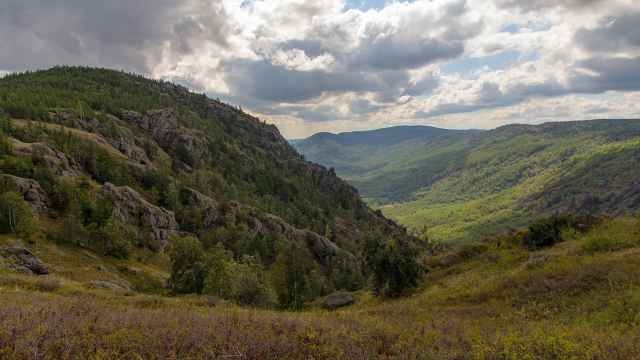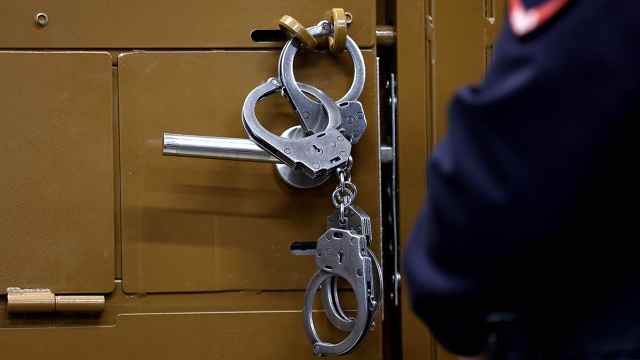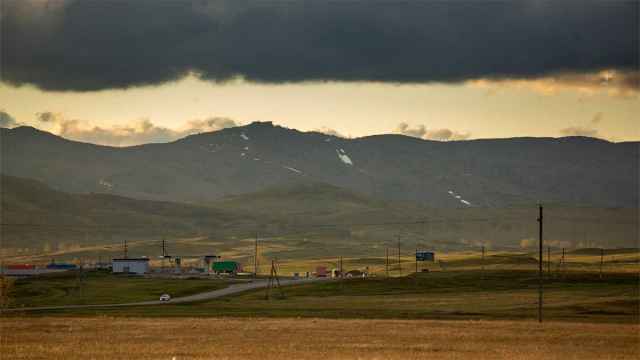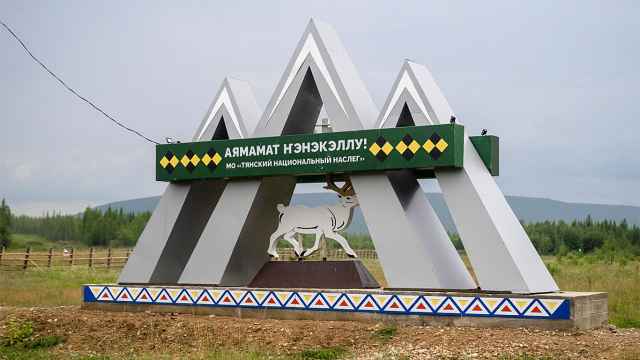This August marks five years since protests in defense of the Kushtau mountain in the republic of Bashkortostan, one of the few successful grassroots protests in Russia’s modern history.
The Moscow Times is marking the anniversary with a two-part series exploring the political context that set the stage for the protests and how they unfolded.
This is part one of the series. Part two will be published Saturday.
“He was never actually building a politically independent Bashkortostan,” said Rostislav Murzagulov, an exiled government official from the republic of Bashkortostan, when asked about his former boss Murtaza Rakhimov, the region’s first post-Soviet president.
“Behind the scenes, he used to say, ‘How can we be independent when we don't have borders with any other state? We are surrounded only by Russia," Murzagulov recalled.
Bashkortostan, a Turkic-majority republic in Russia, made global headlines last year when thousands of people protested in support of prominent environmental and Indigenous rights activist Fayil Alsynov. The activist was sentenced to four years in prison on charges linked to a campaign against gold mining in the southeastern part of the republic.
The rallies in support of Alsynov, some of the largest in wartime Russia, were hardly an isolated incident.
Preceding them were dozens of (often successful) protest campaigns by local environmental and Indigenous rights groups, as well as three decades of political push and pull with the Kremlin over the region’s political and economic autonomy.
And it all started with Murtaza Rakhimov.
A short-lived sovereignty
Bashkirs, a nomadic Kipchak Turkic ethnic group Indigenous to the lands between the Volga River to the west and the Ural Mountains to the east, were conquered by the Russian Empire in the 16th century.
The conquest — most often dubbed a “voluntary ascension” in Kremlin-aligned historiography — gave rise to Russian settler colonialism in the area. The migration of Russians, who came to Bashkir lands in search of fertile lands and jobs in the Russian-dominated mining industry, reached its peak in the 18th and early 19th century.
In the fall of 1917, during the Russian Civil War, the Bashkir national movement proclaimed the establishment of Bashkurdistan, a short-lived independent state.
Bashkurdistan’s government eventually sided with the Bolsheviks, and, in 1919, the state was remodeled into the Bashkir Autonomous Soviet Socialist Republic, the first autonomous republic of Soviet Russia.
Bashkortostan’s borders were redrawn in the 1920s, and the republic underwent rapid industrialization after a vast number of natural resources — including petroleum, natural gas, coal and limestone — were discovered there. The evacuation of plants from Ukraine, Belarus and central Russia to the region during World War II aided this industrial boom.
As elsewhere in the U.S.S.R., industrial development in Bashkortostan was carried out with disregard for both the environment and the rights of Indigenous Bashkirs. The slew of social issues caused by this approach prompted the environmental movement and ethnic national organizations to emerge as the republic’s leading civil society actors during the Soviet collapse.
In March 1990, Murtaza Rakhimov, a Bashkir village boy turned major oil refinery plant boss, was elected the head of the republic’s key governing body, the Bashkir ASSR’s Supreme Soviet.
The appointment would make Rakhimov one of the key figures of the post-Soviet “parade of sovereignties” era.
On Oct. 11, 1990, Bashkortostan adopted its Declaration of State Sovereignty in a move followed by protracted negotiations with the Kremlin on the republic’s future vis-à-vis Russia.
Nearly a year and a half later, Bashkortostan and Moscow agreed to sign a power-sharing agreement.
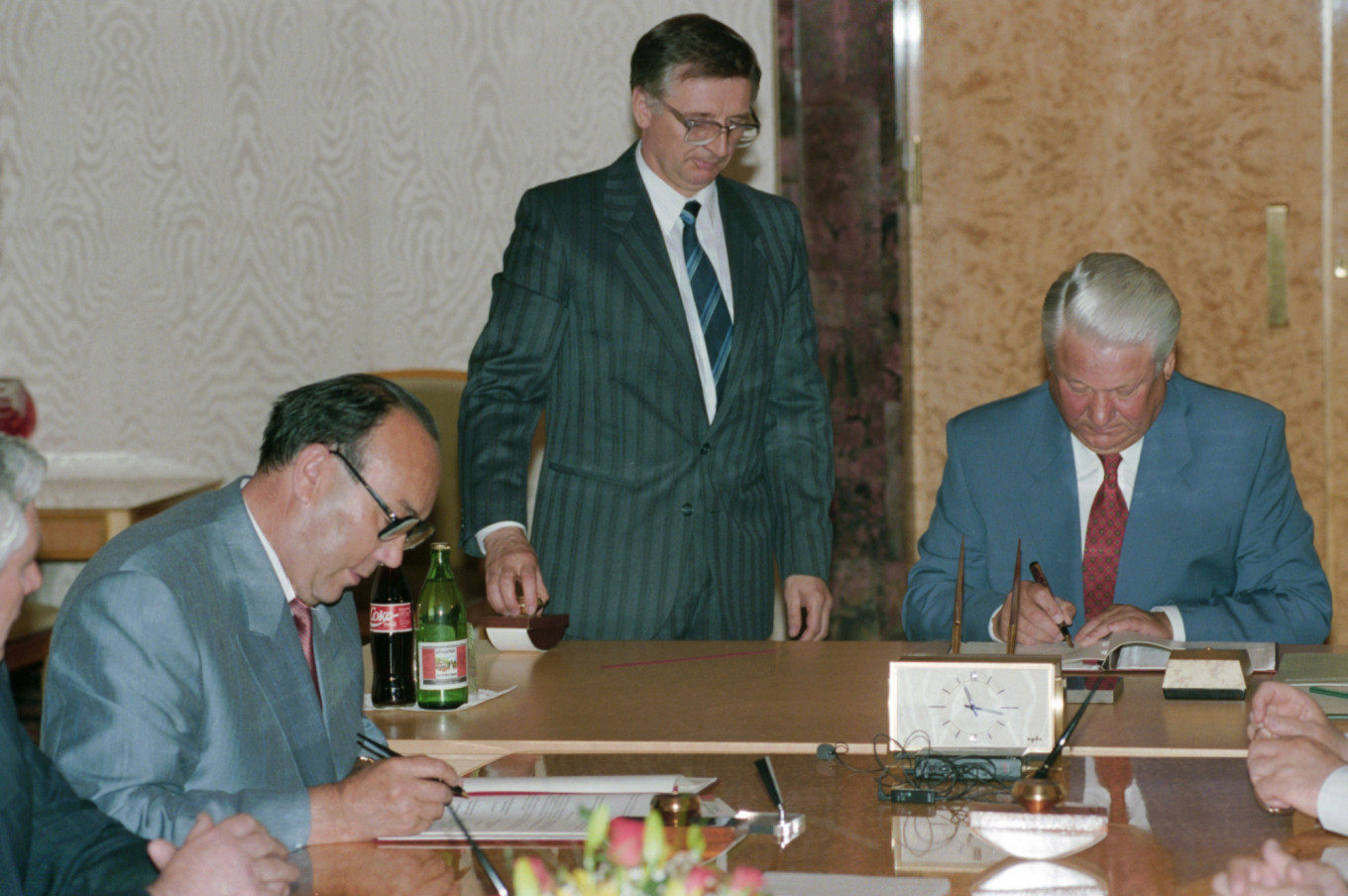
Even though Rakhimov secured a special deal granting the republic’s government sole control over its vast natural resources and its legal system, as well as the right to conduct foreign policy independently from the Kremlin, Bashkir nationalist circles condemned the move.
Among the most vocal critics of the deal was the Union of the Bashkir Youth (UBY), the then-leading independent Indigenous rights organization.
“UBY was advocating against the federal treaty with Russia,” recalled Ruslan Gabbasov, a veteran Bashkir activist and head of the exiled Bashkir National Movement. “So after the treaty was signed in Moscow, its members greeted Rakhimov at the Ufa airport by throwing snowballs at him.”
Rakhimov co-opts the nationalists
Instead of entering a prolonged confrontation with ethnic Bashkir activists, Rakhimov chose to co-opt their movement.
“Rakhimov was always skeptical about independence [of the republic], but he also knew that by handling the ‘ethnic’ question wisely, not too aggressively — to avoid irritating Moscow too much — he could gain a lot of freedom and power within the republic,” Murzagulov, who handled Rakhimov’s PR in the 2000s and later wrote a memoir about him, told The Moscow Times.
Indigenous Bashkirs comprise 29.8% of the republic’s population, according to the latest government statistics, with Russians (36.3%) and Tatars (24.1%) being the two other largest ethnic groups.
To appease Bashkir nationalists, Rakhimov’s government increased the share of ethnic Bashkirs in government institutions and upped investments in Bashkir-majority districts. The government also introduced policies popularizing Bashkir culture and language, including mandatory Bashkir language lessons across all educational institutions.
The policies allowed “Bashkirs to feel that they had truly become important in their own land, that they had become the real masters of their republic,” Bashkir activist Gabbasov recalled. “And...the UBY no longer saw any point in criticizing Rakhimov.”
The UBY, once a vocal opponent of Rakhimov, quickly became a de facto part of his local presidential administration. Its members “could be frequently spotted at government-sanctioned events,” according to ex-official Murzagulov.
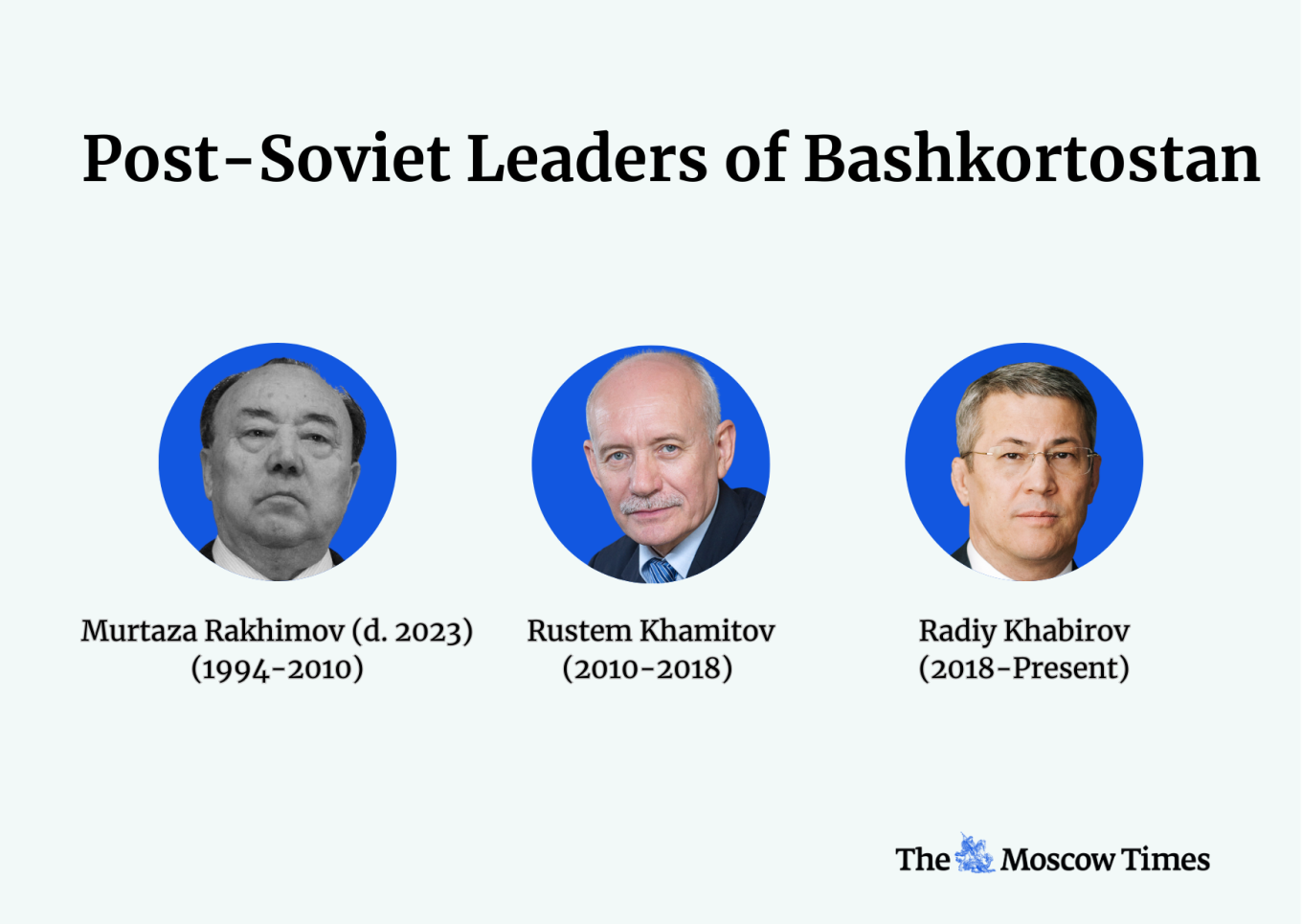
Some of the former government critics would even go on to take official posts.
“They thought they would come to power and be able to do something truly beneficial for the Bashkir people. But in reality, the system consumed them and they were…forced to conform to this power vertical and do what the authorities asked of them,” said Gabbasov.
Gabbasov was among the activists who refused to succumb to Rakhimov’s charm. In 2006, he joined Kük Büre, an independent Bashkir nationalist organization founded by activists Azat Salmanov and Nail Faretdinov.
In 2014, Gabbasov co-founded Bashqort, a new Indigenous rights movement that would stand at the forefront of some of the largest protests in the republic before being outlawed as “extremist” in May 2020.
Fall from grace
As Rakhimov was co-opting nationalist movements, the Kremlin was moving to centralize its power.
Moscow was growing increasingly uneasy over the republic’s precious economic assets moving away from its reach under Rakhimov, who appointed his only son, Ural Rakhimov, as the head of four of the region’s largest energy companies.
Though Rakhimov’s influence in the republic and the Indigenous Bashkirs’ unwavering respect for him were no less concerning to the Russian leadership.
Rakhimov, then 76, was forced to resign in July 2010 following a protracted campaign of negative publicity in Russian state-run media.
“My dislike of the Rakhimov family notwithstanding, I must admit that... Rakhimov, the absolute ruler of Bashkortostan, was, in fact, much better for the republic than [current head Radiy] Khabirov,” said Murzagulov, who had a public falling out with the Rakhimov clan that remains influential in the republic.
“Rakhimov, after all, gave a lot to the people — that must be recognized,” he added.
The shikhans
After Rakhimov, Bashkortostan’s presidential seat was assumed by Rustem Khamitov, a Kremlin-loyal technocrat handpicked for the post by Moscow.
“Bashkir nationalists initially had a lot of hatred for Khamitov, who is, of course, an ethnic Tatar... but we made a Bashkir out of him by filling the internet with [fake] claims about his ethnicity,” said Murzagulov, who claims to have been at the forefront of the misinformation campaign.
Murzagulov claims that Khamitov, despite his background, “genuinely wanted to befriend” leaders of Kük Büre alongside other nationalist groups and established several government-linked foundations that would finance the organizations with “quasi-budgetary money.”
“He realized that since no one liked him, he had to buy everyone off,” said Murzagulov.
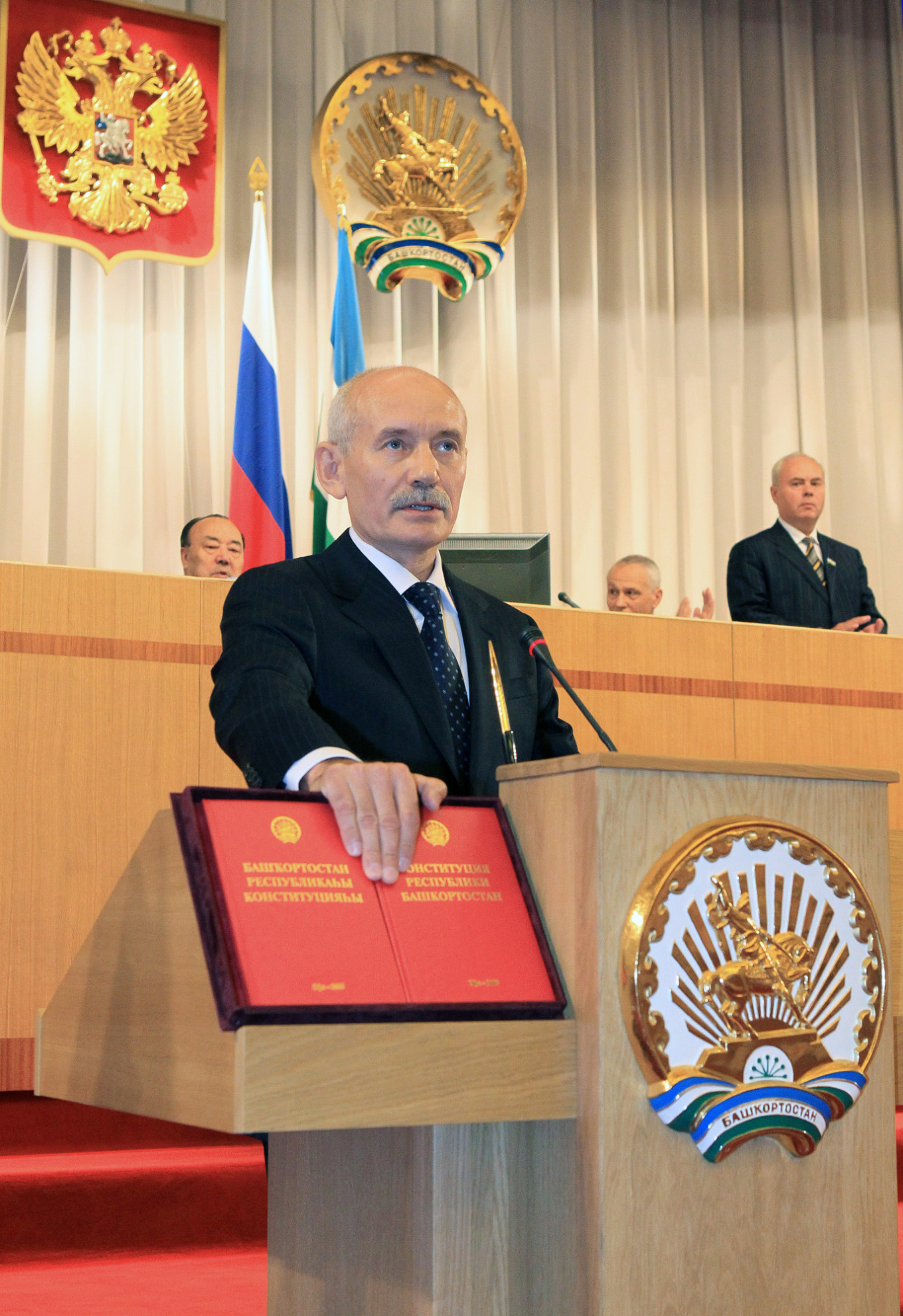
But activist Gabbasov has a different recollection of the events.
“There was no cooperation [between the Bashkir government and nationalist groups]. I mean, what kind of cooperation can we talk about if... we were subjected to repression, fined, and had criminal cases brought against us?!” he told The Moscow Times.
“When Khamitov came to power, he purged even the movements that were loyal to Rakhimov,” Gabbasov added.
Regardless of the true relationship between Khamitov and Bashkir nationalist movements, the two were able to forge an unlikely alliance over at least one major issue.
Both sides opposed plans by Russia’s largest soda ash and baking soda producer, the Bashkir Soda Company (BSK), to dismantle one of the three limestone mountains in the republic’s Ishimbayskiy district to ensure continued production.
The three mountains, Toratau, Kushtau and Yuraktau, are the remains of a reef system in the ancient Ural Ocean, which existed between Siberia and the Baltic Sea region. Known widely by their Bashkir endonym shikhans, the three mountains are unique geological objects with a sacred significance in Bashkir mythology.
There had been four shikhans until the 1950s, when the Shakhtau mountain was handed to BSK for geological exploration and subsequent soda production.
By the beginning of the 21st century, the 336-meter-tall Shakhtau had been turned into a pit.
Indigenous rights and ecological activists have been campaigning against BSK since 2005, when they first learned that the company had its eyes on Toratau.
Khamitov, despite his reputation as a weak-willed Kremlin appointee, was able to put this contentious issue to rest until the end of his tenure — a gesture that surprised many critics.
“There is no simple solution for [BSK] in terms of raw materials. But the development of Toratau is not a solution either. We must look for alternatives,” Khamitov wrote in his LiveJournal blog in October 2010.
“While [the company] is trying to convince me that Toratau is the only and inevitable option for supplying limestone…my opinion remains unchanged: Toratau must not be touched!” he added.
‘Don’t even try to break me’
In 2018, Khamitov, who failed to gain widespread public trust despite his position on the shikhans, was replaced by Radiy Khabirov. A former member of Rakhimov’s administration, Khabirov built a career in Moscow after falling from grace with the region’s first post-Soviet leader, working in Russia’s presidential administration for eight years before heading the Moscow suburb of Krasnogorsk.
“He immediately adopted this image of a tough guy who came to the republic to get things done quickly. Perhaps, he still believes that people like that style of leadership,” recalled an environmental activist from Bashkortostan who requested anonymity.
Khabirov seemingly left no stone unturned in trying to part with his predecessor's legacy. The shikhans were no exception.
In 2019, in his end-of-year address to Bashkortostan’s Kurultai regional parliament, Khabirov confirmed his firm backing of mining at the Kushtau mountain.
“I will never agree to leaving thousands [of BSK employees] without a job. Don’t even try to break me, twist my arms, bribe the journalists and the nationalists [to oppose this decision],” said Khabirov.
“It seemed like Khabirov came in, slammed on the table and told everyone that he would give away Kushtau. Period,” the local activist recalled in a conversation with The Moscow Times.
“And at that point, the situation escalated.”
A Message from The Moscow Times:
Dear readers,
We are facing unprecedented challenges. Russia's Prosecutor General's Office has designated The Moscow Times as an "undesirable" organization, criminalizing our work and putting our staff at risk of prosecution. This follows our earlier unjust labeling as a "foreign agent."
These actions are direct attempts to silence independent journalism in Russia. The authorities claim our work "discredits the decisions of the Russian leadership." We see things differently: we strive to provide accurate, unbiased reporting on Russia.
We, the journalists of The Moscow Times, refuse to be silenced. But to continue our work, we need your help.
Your support, no matter how small, makes a world of difference. If you can, please support us monthly starting from just $2. It's quick to set up, and every contribution makes a significant impact.
By supporting The Moscow Times, you're defending open, independent journalism in the face of repression. Thank you for standing with us.
Remind me later.



